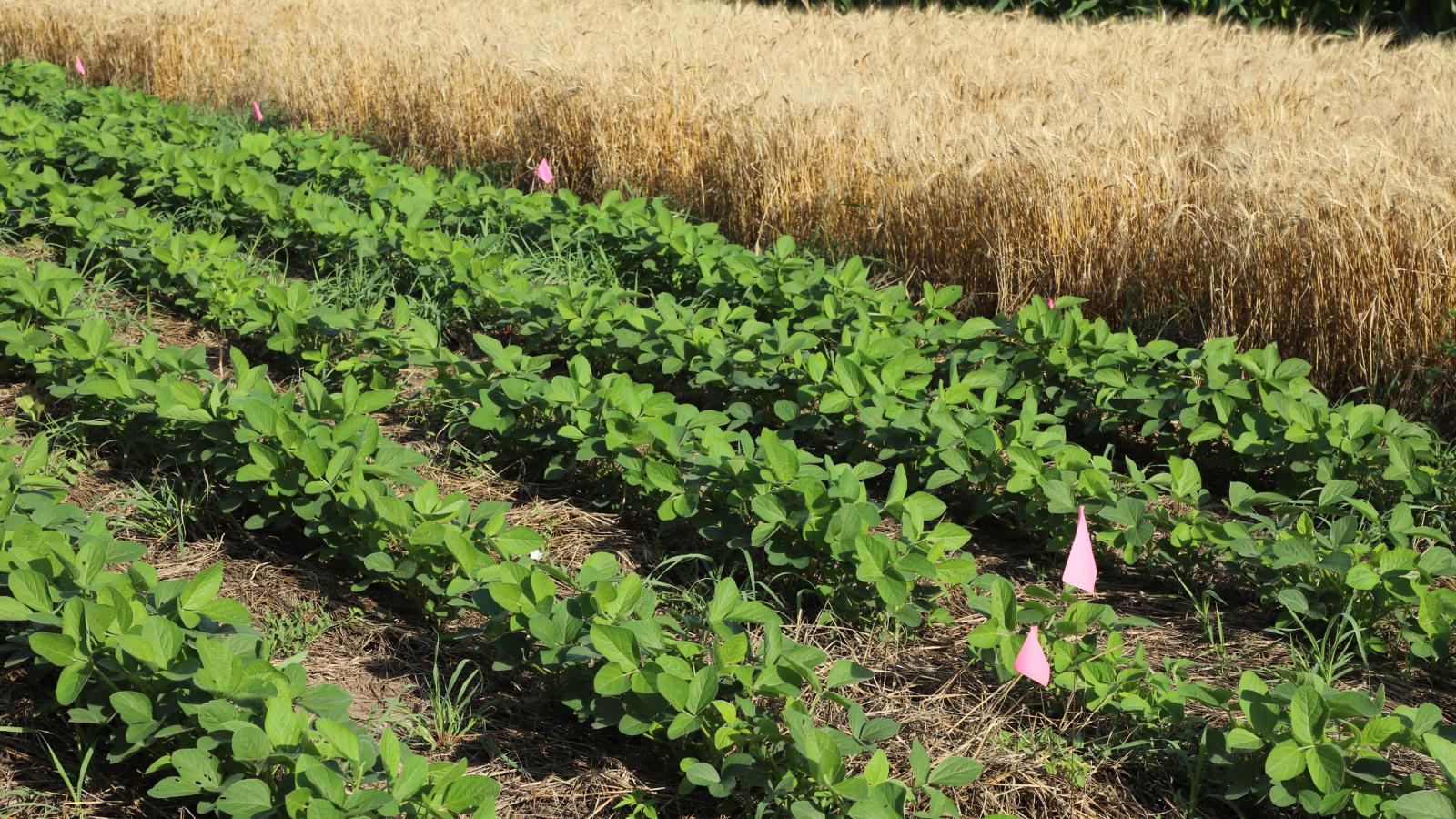Instructor(s): John Lindquist
Number of Credit Hours: 3
Cross-listings: None
When Offered: This course is taught in alternate (even) years during the spring semester.
Description: This course will focus on the interactions between plants in managed ecosystems. The theoretical foundation for the development of phenomenological interplant interference models will be discussed. Whole plant physiological response to solar radiation, water, and nutrients, and the effects of these resources on interplant competition are central to understanding the dynamics of plant populations. Quantitative relationships useful for integrating the interactive effects of these factors on plant growth and interplant competition will be stressed. The course will be a mixture of lecture, discussion of relevant literature, homework sets, an experimental write-up, and written synopses of the primary literature.
Learning Outcomes/Course Objectives
- Explain the foundations of phenomenological approaches to study interplant interference, including the linkage between population density and final yield
- Conduct a complete plant growth analysis
- Develop a simple model of plant growth and conduct appropriate research to quantify the components of this model
- Quantify plant demand for light, water, and nitrogen based on growth processes
- Explain the effects of interplant competition for light, water, and nitrogen on the components of the plant growth model
